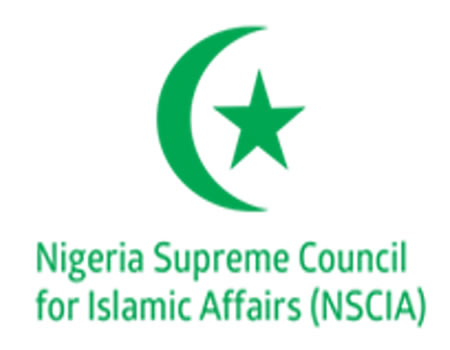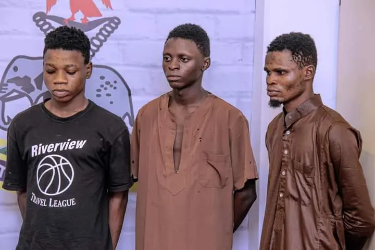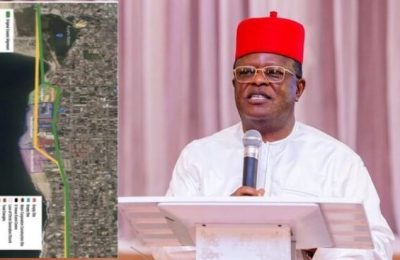THE apex Islamic authority in the country, the Nigerian Supreme CounciL for Islamic Affairs (NSCIA), has advised government and political leaders at all levels to continue to accord the traditional institution and its holders the due respect that they deserve, especially where such is combined with Islamic leadership.
It said this was in order to ensure the protection of “our cultural and religious heritage for sustainable peace and national development.”
This was contained in a communique after the ninth Expanded General Purpose Committee (EGPC) meeting of the NSCIA held on June 30, 2024 at the conference hall of the National Mosque, Abuja.

According to the communique signed by NSCIA Secretary-General, Professor Is-haq Oloyede, the Muslim Ummah in Nigeria, long before independence, unanimously resolved to entrust its leadership to an established Islamic institution that Muslims all over the country believe would always command the desired respect and attract the highest regards of all and sundry.
“It, therefore, behoves the custodians of such institution to also reciprocate by acting in a manner that shows, both in words and deed, respect for Islam, its institution and the feelings of the generality of the Ummah. Any iota of disrespect to the institution is a direct affront on the faith and its adherents,” the document said.
At the meeting, members of the EGPC reiterated their confidence in the President-General and Sultan of Sokoto, Alhaji Muhammad Sa’ad Abubakar, for his “exemplary leadership and committed service to Islam and the Nigerian Muslim Ummah,” and particularly applauded his “bridge-building efforts across regional and religious divides for national peace and cohesion.”

The meeting of the EGPC was presided over by Sultan Abubakar. He was assisted by the two Deputy Presidents-General, the Shehu of Borno, Alhaji Abubakar Ibn Umar Garbai El-Kanemi, and Alhaji Rasaki Oladejo, the president of the Muslim Ummah of South West Nigeria (MUSWEN).

Traditional rulers at the meeting included the Emir of Zazzau, Ambassador Ahmed Nuhu Bamalli; the Etsu Nupe, Alhaji Yahaya Abubakar; the Emir of Kazaure, Alhaji Najib Hussaini Adamu; and the Emir of Gummi, Justice Lawal Hassan Gummi (rtd).
Other members at the meeting were present and past senior members of both the bench and the bar, current and former ministers, heads of agencies, both private and public, captains of industry and respected scholars at the various strata of the educational system.
The meeting, the communique said, referred to the General Purpose Committee (GPC) under the chairmanship of the Secretary-General, the synthesisation and articulation of the general feelings of members about the perceived disrespect to the leadership of the Ummah by certain authorities.
“The GPC was then mandated to act on the matter on behalf of the EGPC and the General Assembly,” the document said.
The meeting, which discussed several salient national issues, expressed grief over the upsurge of terrorist attacks in some parts of the country.
It reiterated the position of the NSCIA that government at all levels, particularly at the local government level, should re-energise intelligence gathering as a complement to “the laudable efforts of our armed forces and security agencies.”
The meeting also resolved that insecurity “is by far the most existential matter of concern to the Nigerian nation as it also poses a great danger to food security in the country.”
It, therefore, urged the Federal Government to, “as a matter of urgency,” increase the tempo of curtailing insecurity in the country.
The meeting applauded the efforts of the Federal Government so far, especially on alleviating poverty and food shortage in the country, and urged government at all levels to address the high cost of living occasioned by increased costs of food and energy.
It also viewed the imamship/obaship tussle in Ogbomoso, Oyo State, as concerning and set up a committee under the Secretary-General to look into it and report back to the council.
Read Also: No Nigerian university can afford new electricity tariffs — ex-UNILAG VC, Ogundipe








